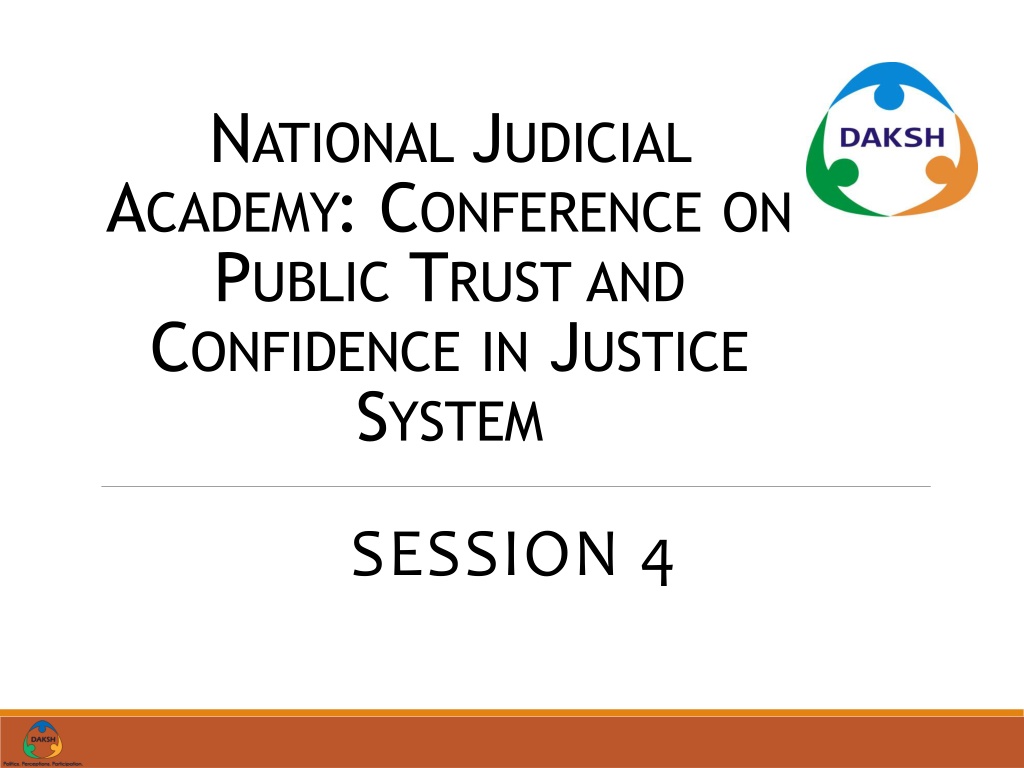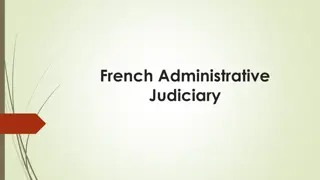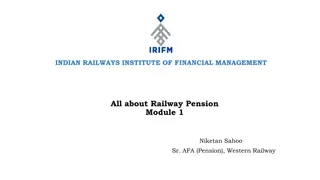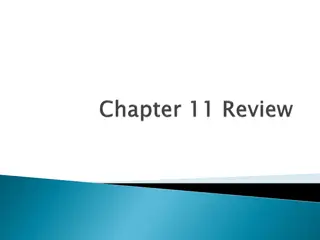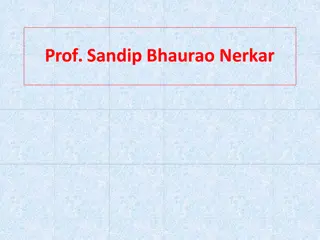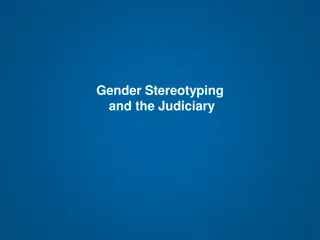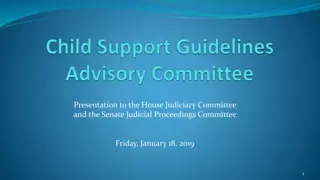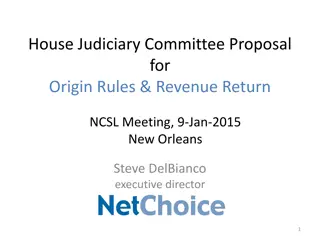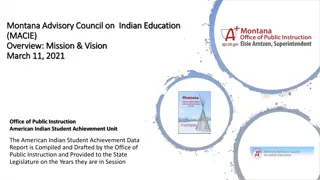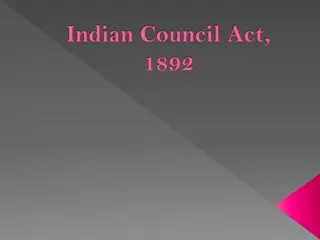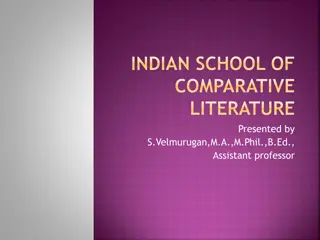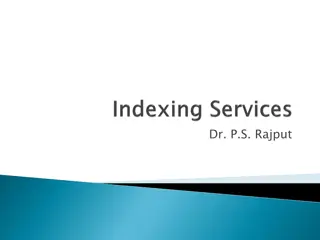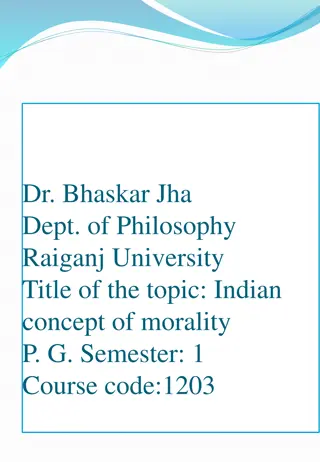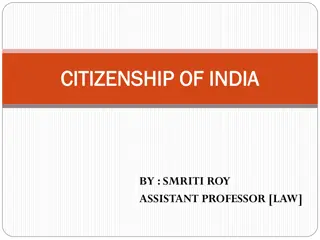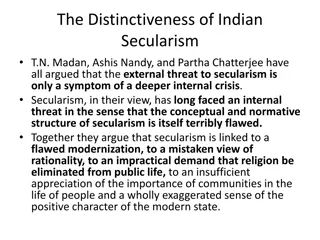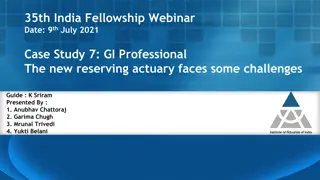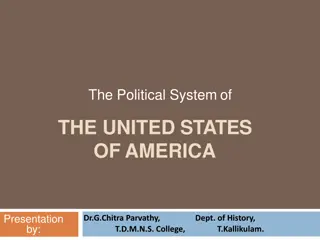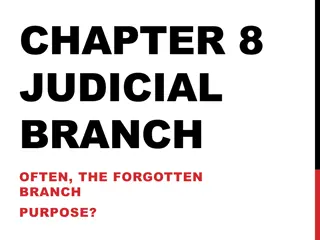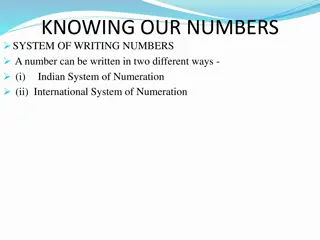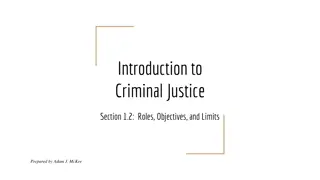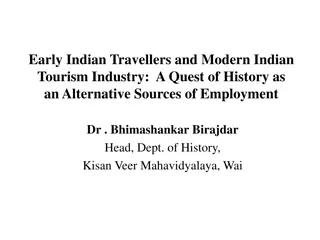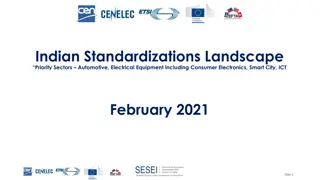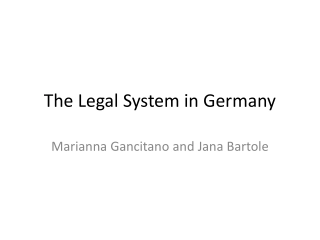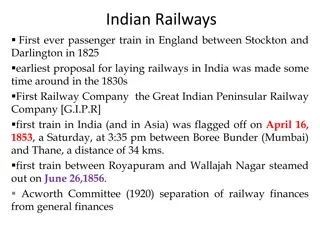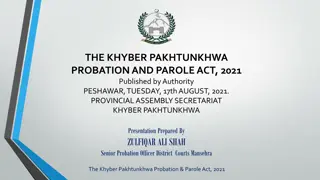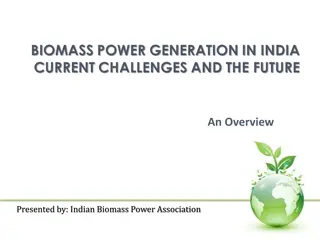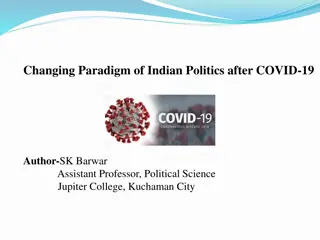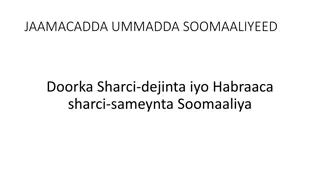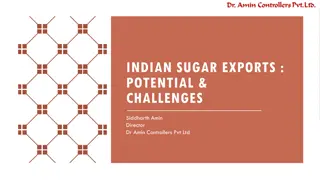Challenges and Insights into the Indian Judiciary System
The content discusses various challenges faced by the Indian judicial system, including high case pendency, numerous hearings, infrequent case hearings, long life cycles, judge workload, skewed admission-disposals ratio, and causes for diminishing public trust. Data on case numbers, timelines, and judicial inefficiencies are highlighted, prompting reflections on fair hearings and public trust in the legal system.
Download Presentation

Please find below an Image/Link to download the presentation.
The content on the website is provided AS IS for your information and personal use only. It may not be sold, licensed, or shared on other websites without obtaining consent from the author. Download presentation by click this link. If you encounter any issues during the download, it is possible that the publisher has removed the file from their server.
E N D
Presentation Transcript
NATIONAL JUDICIAL ACADEMY: CONFERENCE ON PUBLIC TRUST AND CONFIDENCE IN JUSTICE SYSTEM SESSION 4
NUMBERS SPEAK: PENDENCY IN THE COURTS Supreme Court: 64,919 cases High Courts : 44,79,023 cases Lower Courts: 2,73,60,814 cases * These are the latest numbers available from the official Supreme Court website - http://supremecourtofindia.nic.in/
NUMEROUS HEARINGSOF CASES IN COURTS Highest number of hearings per case 300 248 250 200 157 150 100 50 0 HIGH COURT DISTRICT COURT
INFREQUENTHEARINGSOFCASES Source: How cases move through different high courts by Kian Ganz , August 26, 2015 on http://www.livemint.com/ using DAKSH data
EXTREMELYLONGLIFECYCLEFROMWHENCASEENTERS SYSTEMINLOWERCOURTSTOITSFINALDISPOSAL As per our data, the average number of days a case is pending in the lower courts is 888, High Courts is 1712 and execution petitions take 662 days. The average life cycle of a case 9 years. 1825 1712 1460 1095 730 888 662 365 0 Days All numbers henceforth are from the DAKSH database where we have collected High Court data from January of 2015 and district court data from May of 2015.
CRICKET SCORECARD PRESSURE As per our High Court data, a judge on average hears 34 cases a day. Given that judges hear cases for about 5 hours a day, this means that per case, they have less than MINUTES Does this amount of time allow for a fair hearing?
HUGELYSKEWEDRATIOOFADMISSIONAND DISPOSALS As per the data we have for district courts in 2014, there were 4,12,591 cases admitted but only 1,48,876 cases disposed , 0, 0% , 0, 0% DISPOSALS , 148876, 26% ADMISSIONS, 412951, 74% ADMISSIONS DISPOSALS Administration is key to even out this ratio and ensure efficiency
CAUSESFOR DIMINISHING PUBLIC TRUSTIN THE JUDICIAL SYSTEM Dysfunctionality of judiciary Judicial delay is the primary cause for diminishing public trust Judicial delay is a societal problem -- not just the problem of the judicial system and its actors Problems of judicial administration and management Efficient judge performance alone cannot solve the problem Is everyone in the judiciary serving their purpose? A judge s primary responsibility and desire is to write judgments System does not always stick to the rule of first in, first out
Thanks! www.dakshlegal.in
